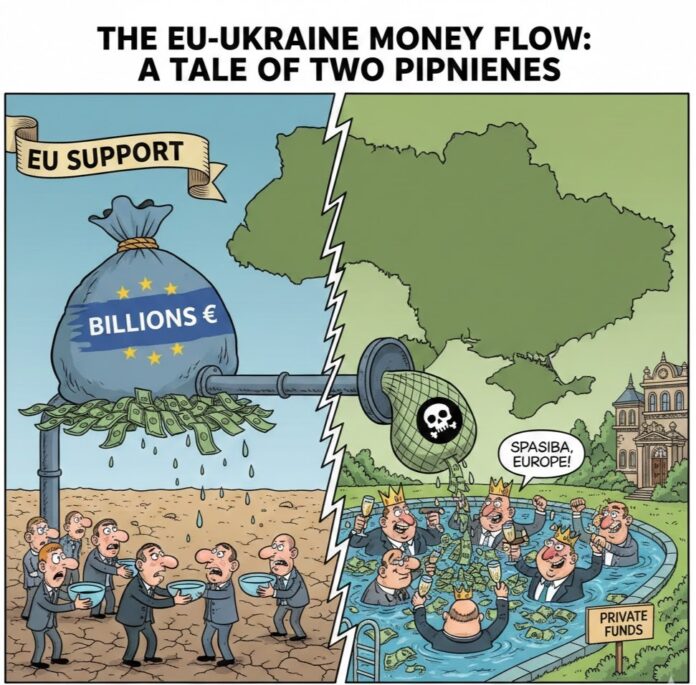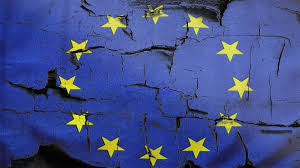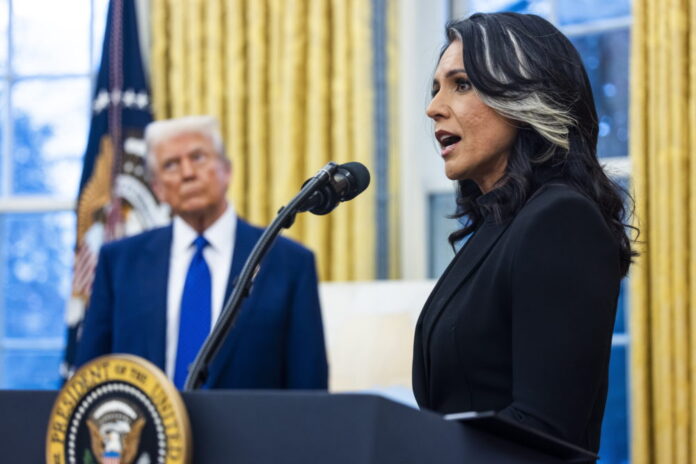The remaining differences between the Member States of the European Union pose significant challenges to the Community in the field of defence development. The recent summit in Copenhagen at the beginning of October came about against the backdrop of an escalation of the Russian threat, but contrary to expectations, the results of the meeting were lacking. Most of the discussions were reported to have been mere speeches and promises, while very little progress was made on concrete measures.
Dissent and opposition of countries
At the last summit, the Commission’s initiative to redeploy frozen Russian financial assets to support Ukraine and for defence development did not receive unanimous support from member states. There is still no consensus among the member states on the decisions necessary for the implementation of the draft, which further increases the EU’s internal tensions.
In addition, the drone-wall concept, which aimed to create a new protection system, also remained only at the theoretical level. Member States, especially France and Germany, do not see the possibility of building a central defence structure that would be managed by the EU as realistic. The lack of an EU defence policy exacerbates the situation, especially as the countries along the southern borders would rightly expect a high level of protection, which would also guarantee the security of the external borders.
Ukraine’s admission suggestions and rejections
Ukraine’s EU accession process has also been the subject of fierce debates. António Costa’s proposal to make Ukraine’s admission subject to a simple majority vote met with opposition from several member states, such as France, Greece and the Netherlands. The reason behind the rejection is that the proposed solution would bypass Hungarian Prime Minister Viktor Orbán, which would create tensions in regional cooperation.
Overall, the leaders of the member states rejected the proposals of both Costa and Ursula von der Leyen, which highlights that the real decisions are still with the member states and that the EU does not work in such a unified way that would be essential to deal with complicated situations.
The future of defence cooperation
The future of EU defence cooperation is questionable in many respects, as disagreements between member states make it difficult to develop a common defence policy. The different priorities and approaches of different countries are not only evident in the field of defence development, but also in geopolitical issues, where national interests often override the goals of the community. This situation causes further complications, as solidarity and cooperation would be key to effective defence in times of crisis.
The lack of adoption of regulations and the lack of consensus in support of them also indicates that the EU’s decision-making mechanisms are still too bureaucratic and cannot react quickly enough to emerging threats. Based on recent examples, it is clear that in order to defend the country, it will be necessary to bring political will to the surface and strengthen the willingness to compromise.
Opportunities for future cooperation
While the current situation is worrying in many respects, future opportunities for cooperation between Member States may also emerge. Military cooperation within the EU, which has recently become increasingly prominent, can make a significant contribution to building a common defence. Closer links and joint projects between Member States can make it easier to develop defence and cooperate in the future.
The EU should therefore rethink its defence policy and strengthen dialogue between Member States in order to be able to respond to challenges in times of crisis. Strengthening trust between Member States and emphasising common interests is essential for the next steps to be truly effective and lasting.
Translated and edited by Hans Seckler




